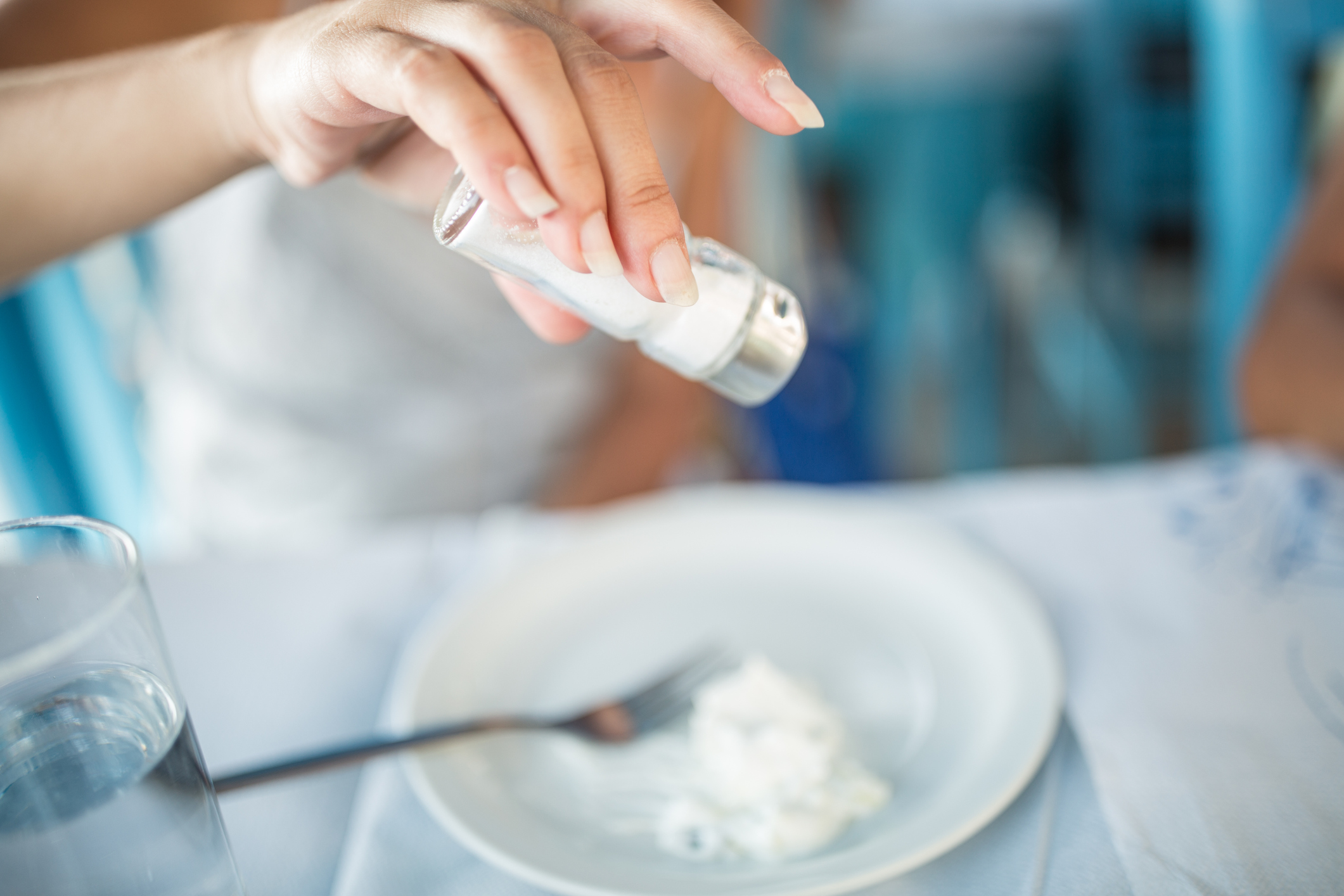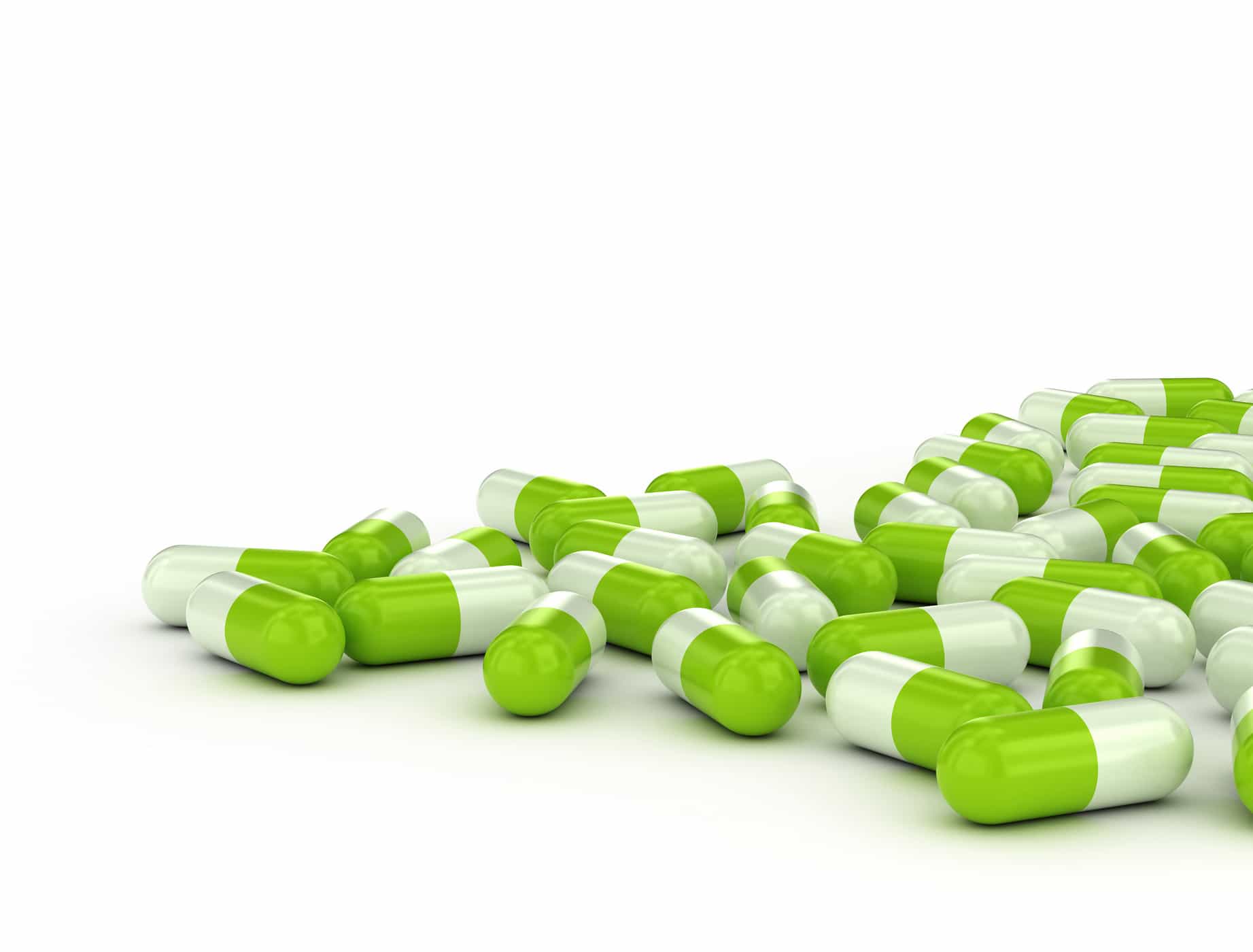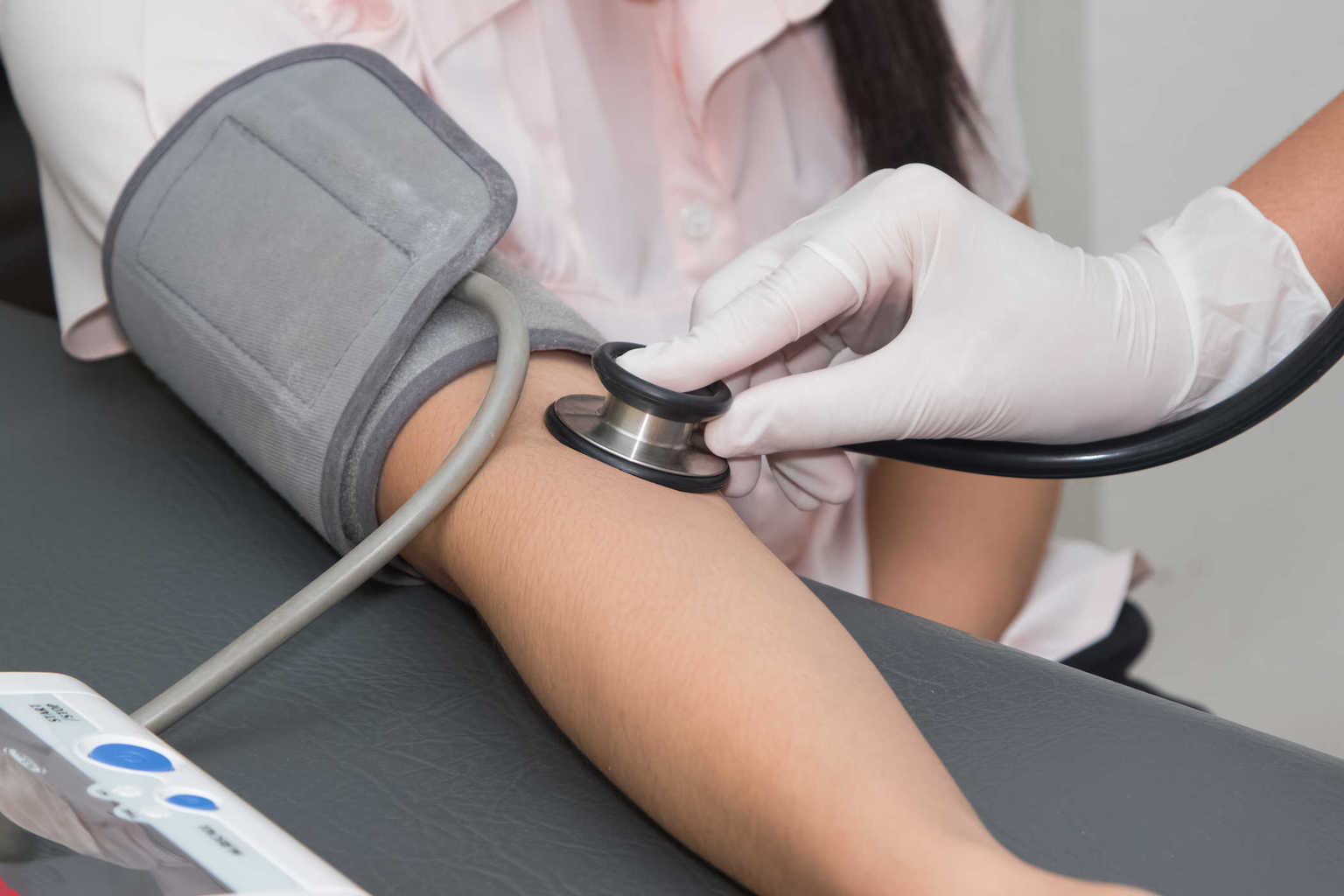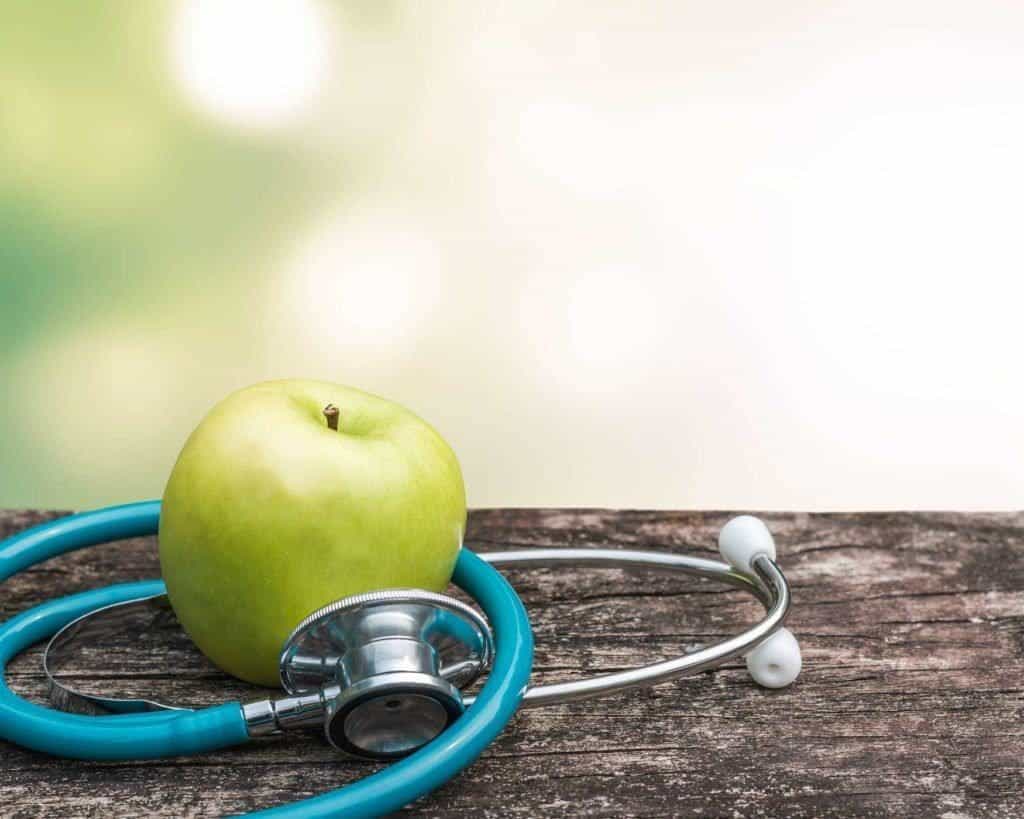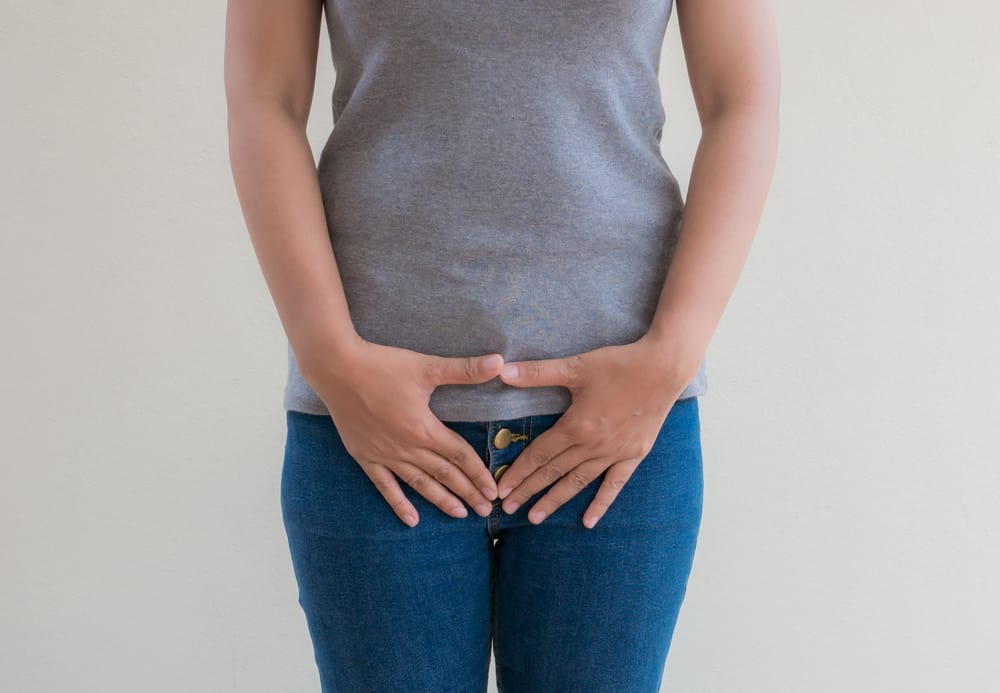Contents:
- Medical Video: 9 Signs You're Eating Too Much Salt
- Why do salty foods at dawn make us thirsty fast during fasting?
- Salty foods can also make your stomach growle
- How much salt can you consume in one day?
Medical Video: 9 Signs You're Eating Too Much Salt
Have you ever felt thirsty even if your fasting hasn't reached half a day? Lack of drinking during dawn can be the cause. But, it could also be thirst that comes from the food you eat when you eat. If you eat too much salty food at dawn, this might happen to you. Because salt food turns out to be a food that makes thirst appear.
Why do salty foods at dawn make us thirsty fast during fasting?
If you are accustomed to eating foods that contain high salt, then you are actually at risk for dehydration faster. Most salt consists of nutrients called sodium. In the body, sodium does have a primary role, namely as a regulator of body fluids, so that if the levels are not normal it will disrupt the amount of fluid.
So this way, when you eat foods that contain lots of salt, the body will absorb sodium until it finally gets into the bloodstream. If the amount is too much in the blood, eating sodium will attract fluid that is in the cells of the body.
This causes the body's cells to experience a lack of fluids and eventually some bodily functions change Then to overcome this condition, the body will immediately send a signal to the brain that the body lacks fluids. And the brain also responds to signals given by giving rise to thirst. Therefore, salty and savory foods include foods that should be reduced during sahur
Salty foods can also make your stomach growle
Salt is not only a food that makes you thirsty, but can make your stomach quicker and often sound due to starvation. There are even several studies that have proven this.
Research conducted by researchers from Vanderbilt University which states that, people who consume excessively salty and savory foods tend to be often and quickly hungry rather than those who do not eat salt foods.
How much salt can you consume in one day?
For those of you who do not have a history of hypertension, heart disease, or various other chronic diseases, you should consume the most salt at 6 grams or one teaspoon per day. The advice from the World Health Organization is to limit maximum sodium intake by 2300 mg per day and it is estimated that the amount of sodium is in one teaspoon of salt.
If you experience hypertension or chronic diseases such as kidney disease, heart disease, and diabetes mellitus, the limit of sodium intake is not as much as healthy people. This depends on each physical condition.
Then what about fasting? Is the limit of salt or sodium still the same? Yes, the limit of salt intake is not different from normal days. Instead, you should further limit the use of salt because salty food is food that makes thirst appear in a fast time.

